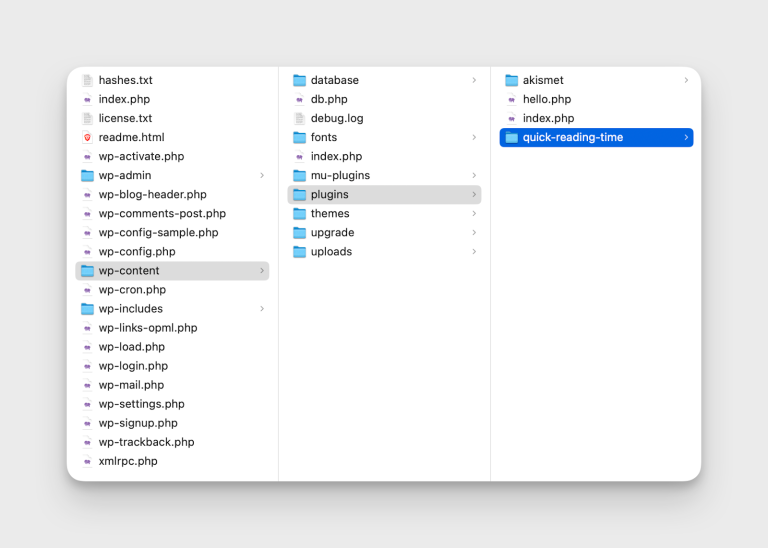Unlock the Secret to Effortless Website Magic: Build Your First WordPress Plugin Today!
Step 3: Render the settings page
Display a form for the WPM value and save it using the Settings API:
function qrt_render_settings_page() {
if ( ! current_user_can( 'manage_options' ) ) {
return;
}
?>
<div class="wrap">
<h1><?php esc_html_e( 'Quick Reading Time Settings', 'quick-reading-time' ); ?></h1>
<form method="post" action="options.php">
<?php
settings_fields( 'qrt_settings_group' );
do_settings_sections( 'qrt_settings_group' );
$wpm = get_option( 'qrt_wpm', 200 );
?>
<table class="form-table" role="presentation">
<tr>
<th scope="row">
<label for="qrt_wpm"><?php esc_html_e( 'Words Per Minute', 'quick-reading-time' ); ?></label>
</th>
<td>
<input name="qrt_wpm" type="number" id="qrt_wpm" value="<?php echo esc_attr( $wpm ); ?>" class="small-text" min="1" />
<p class="description"><?php esc_html_e( 'Average reading speed for your audience.', 'quick-reading-time' ); ?></p>
</td>
</tr>
</table>
<?php submit_button(); ?>
</form>
</div>
<?php
}
This function renders the plugin’s settings page, displaying a form to update the WPM value. It checks user permissions with current_user_can(), outputs the form using settings_fields(), do_settings_sections(), and retrieves the saved value with get_option(). The form submits to the WordPress options system for secure saving.












